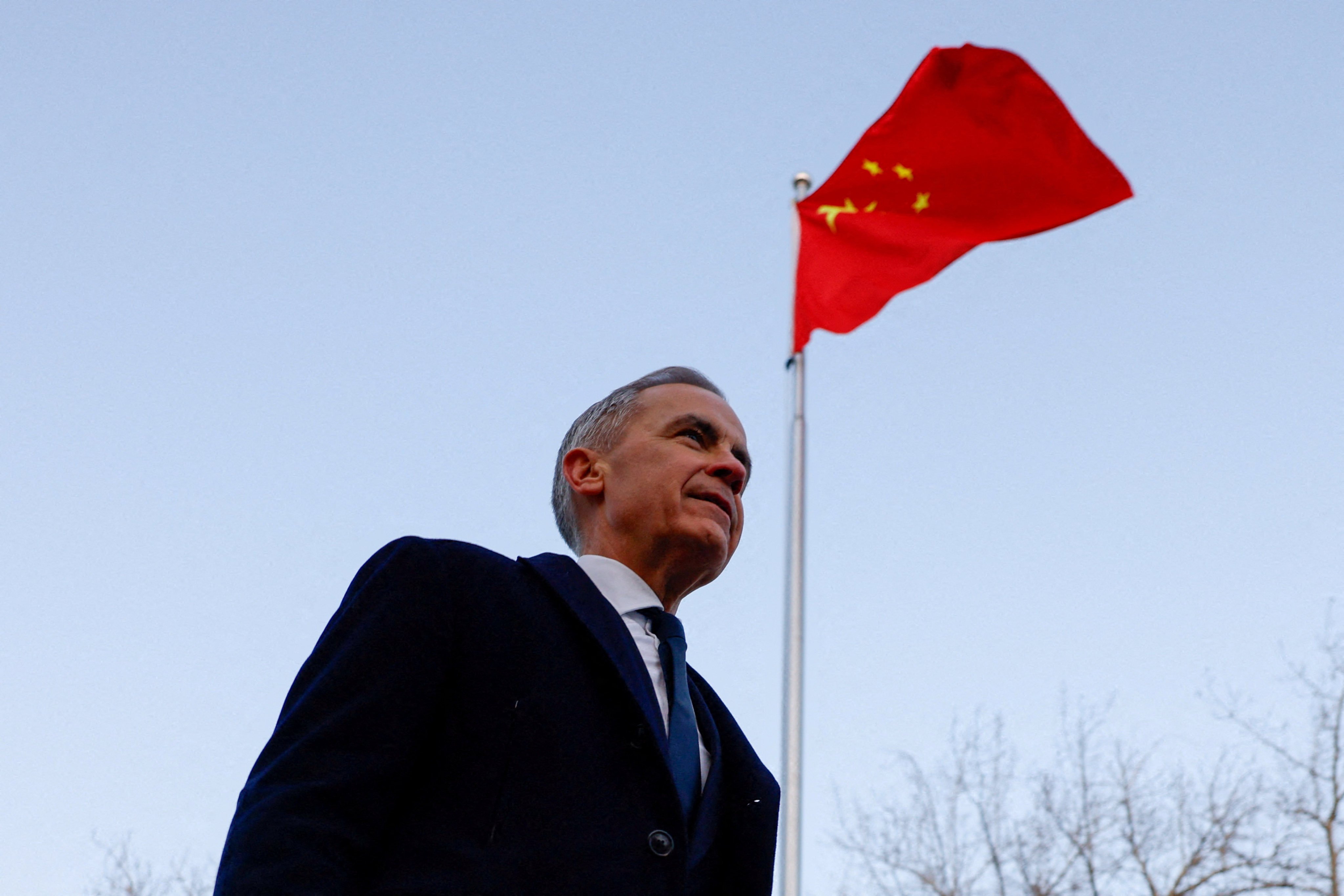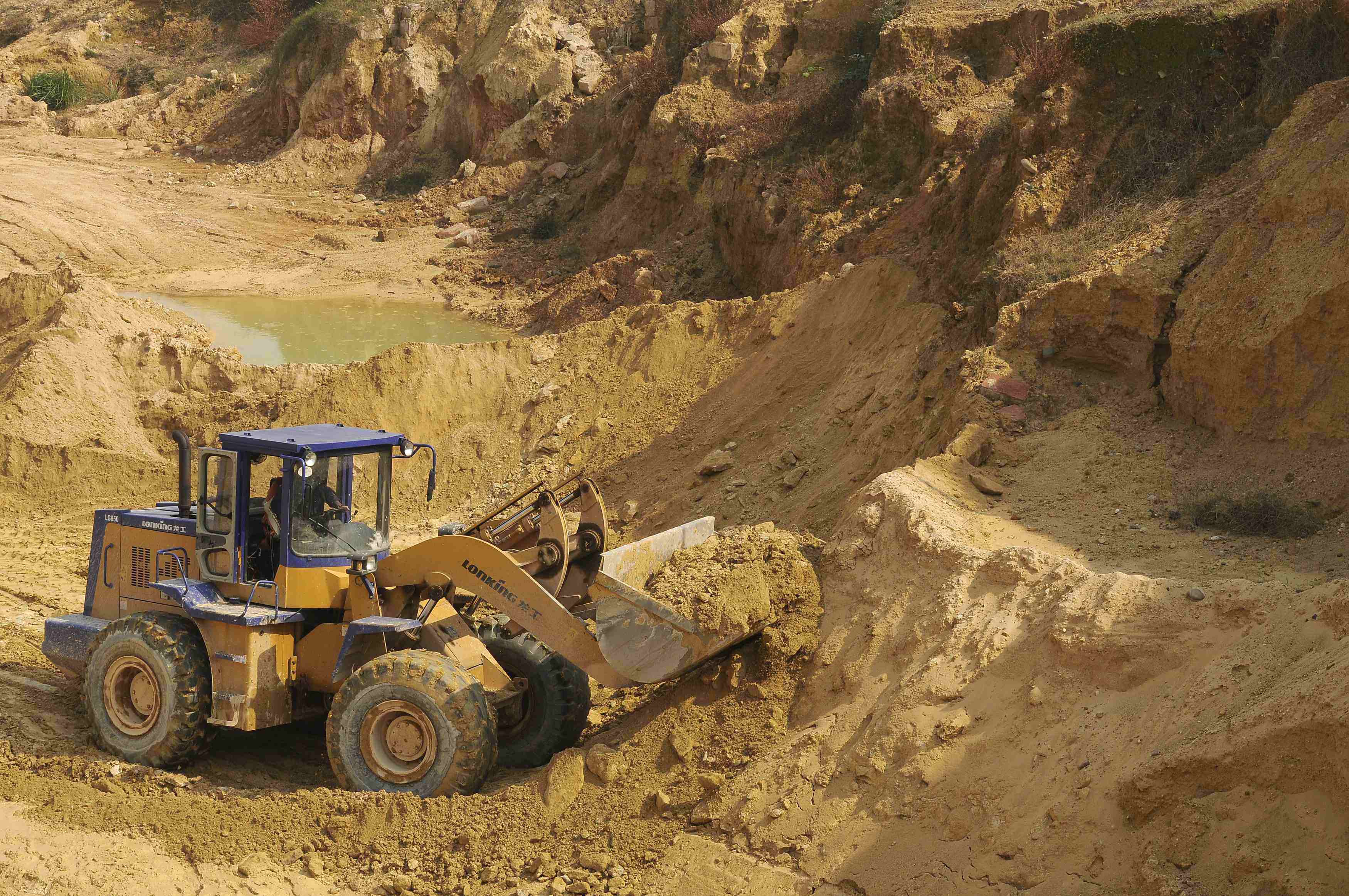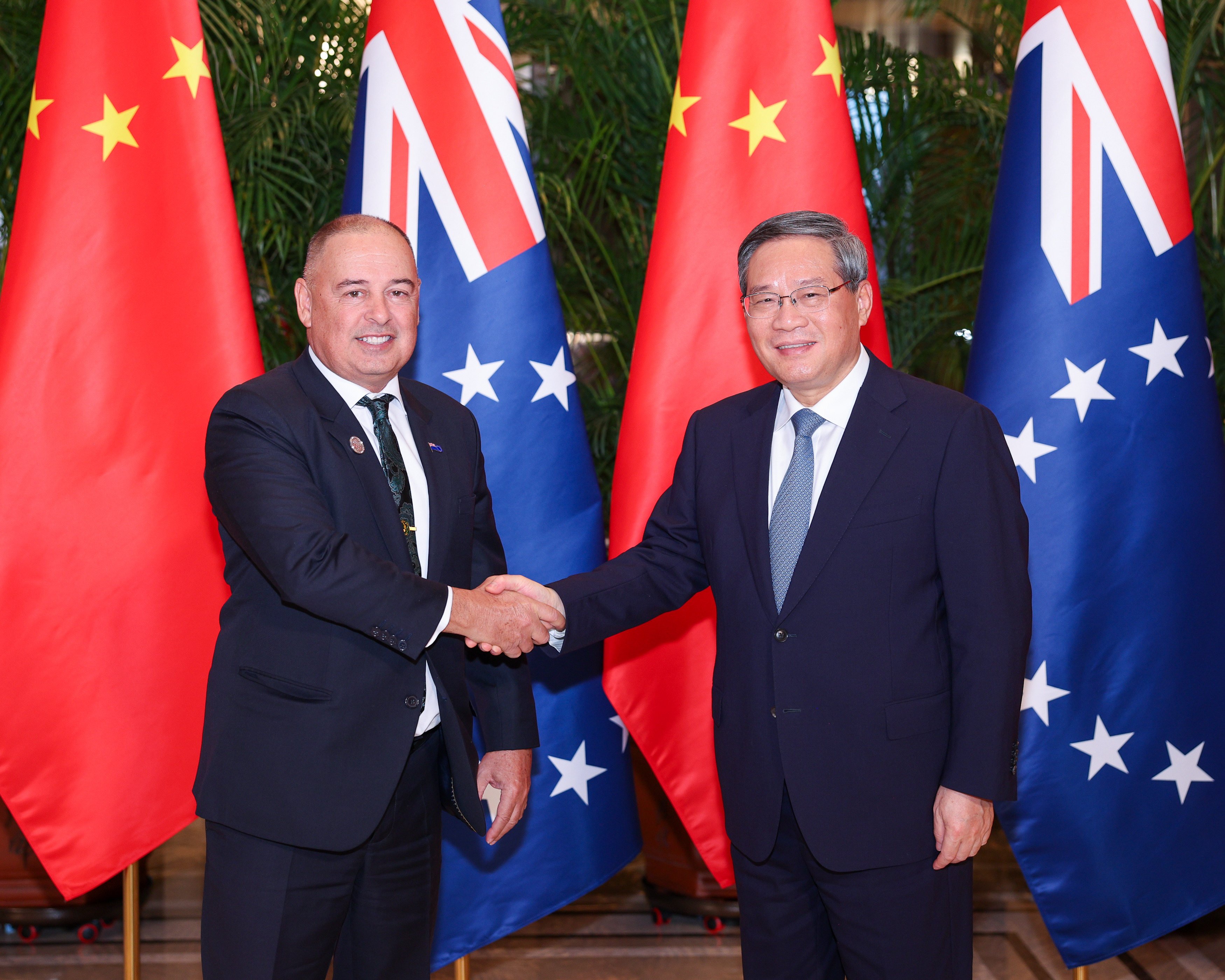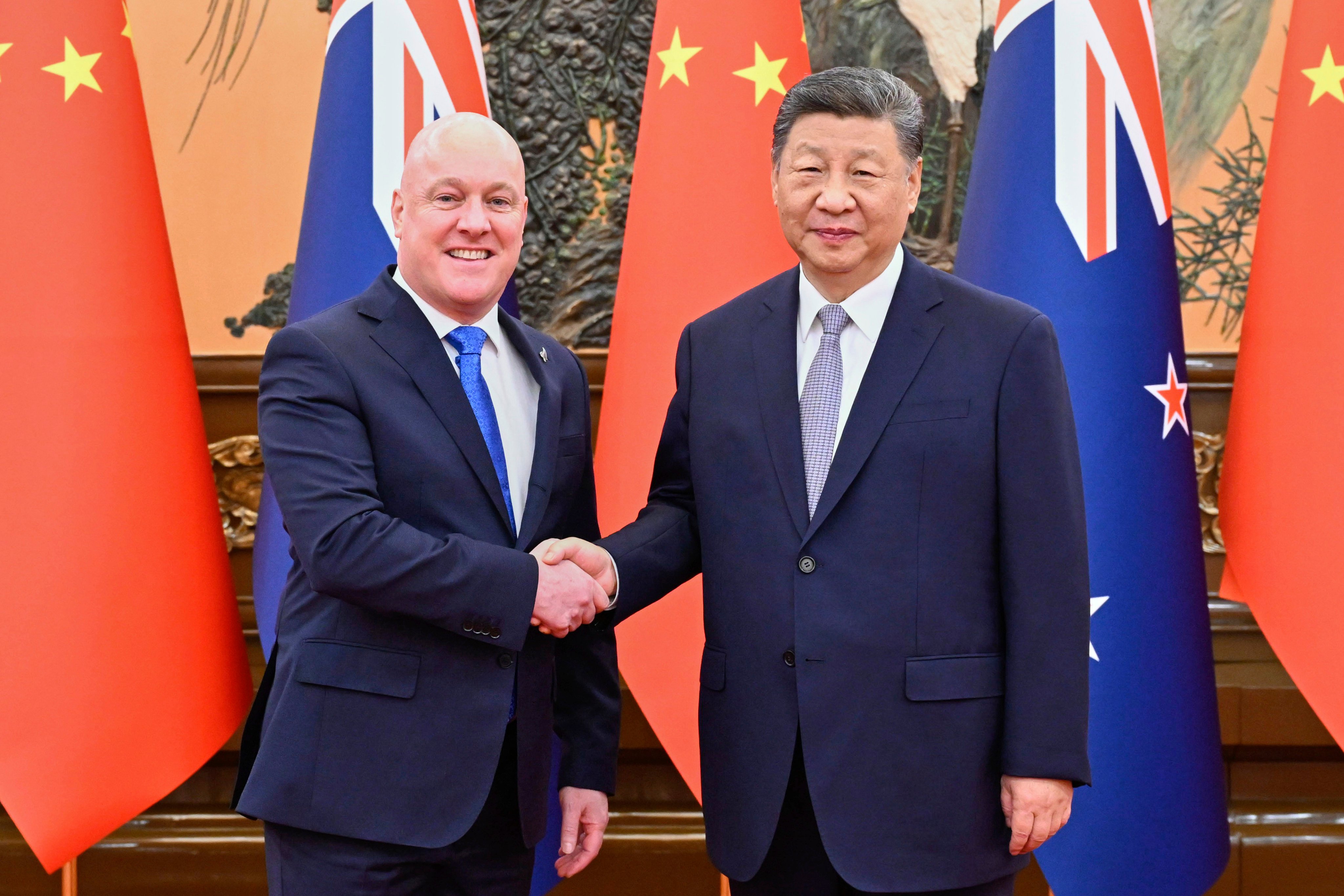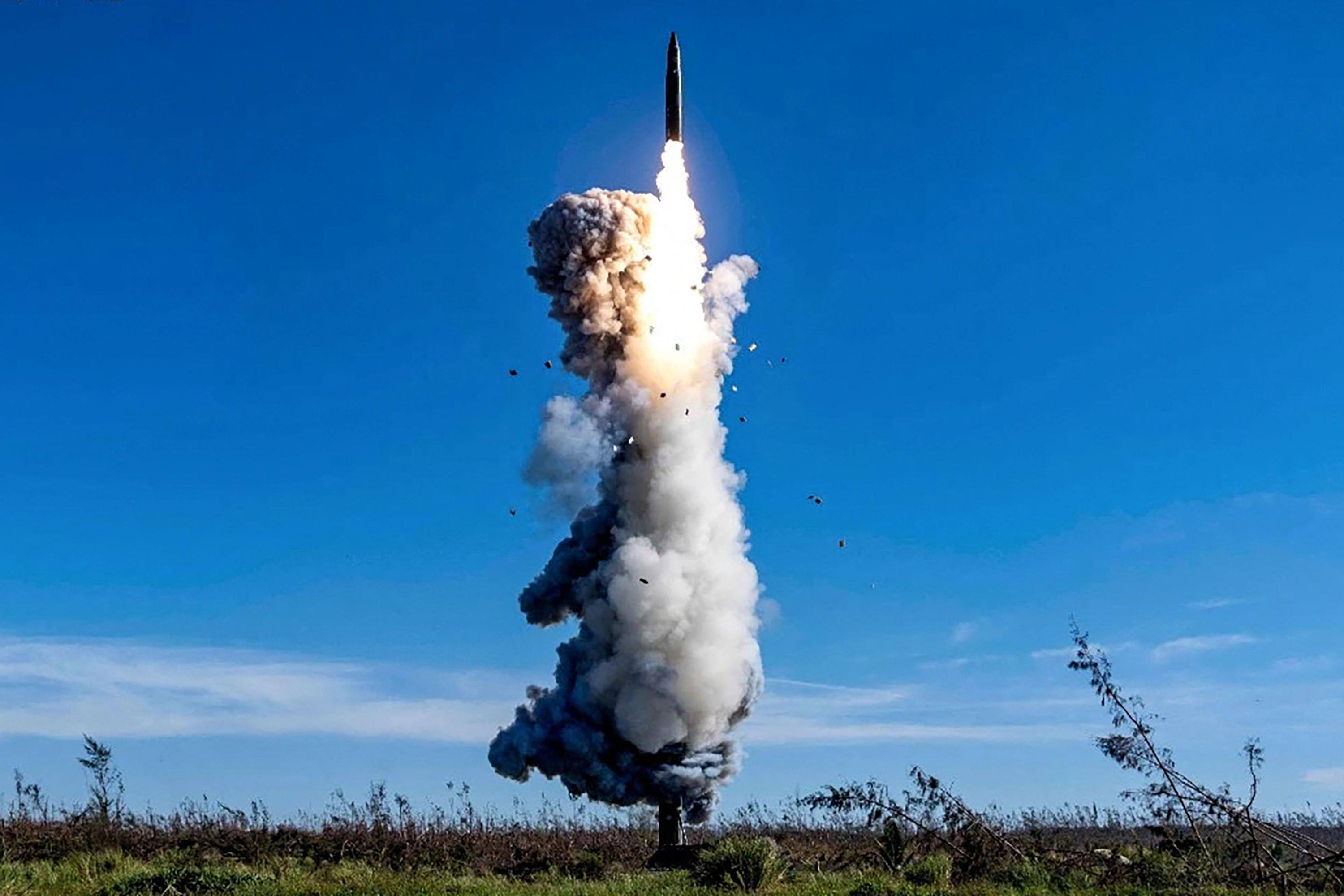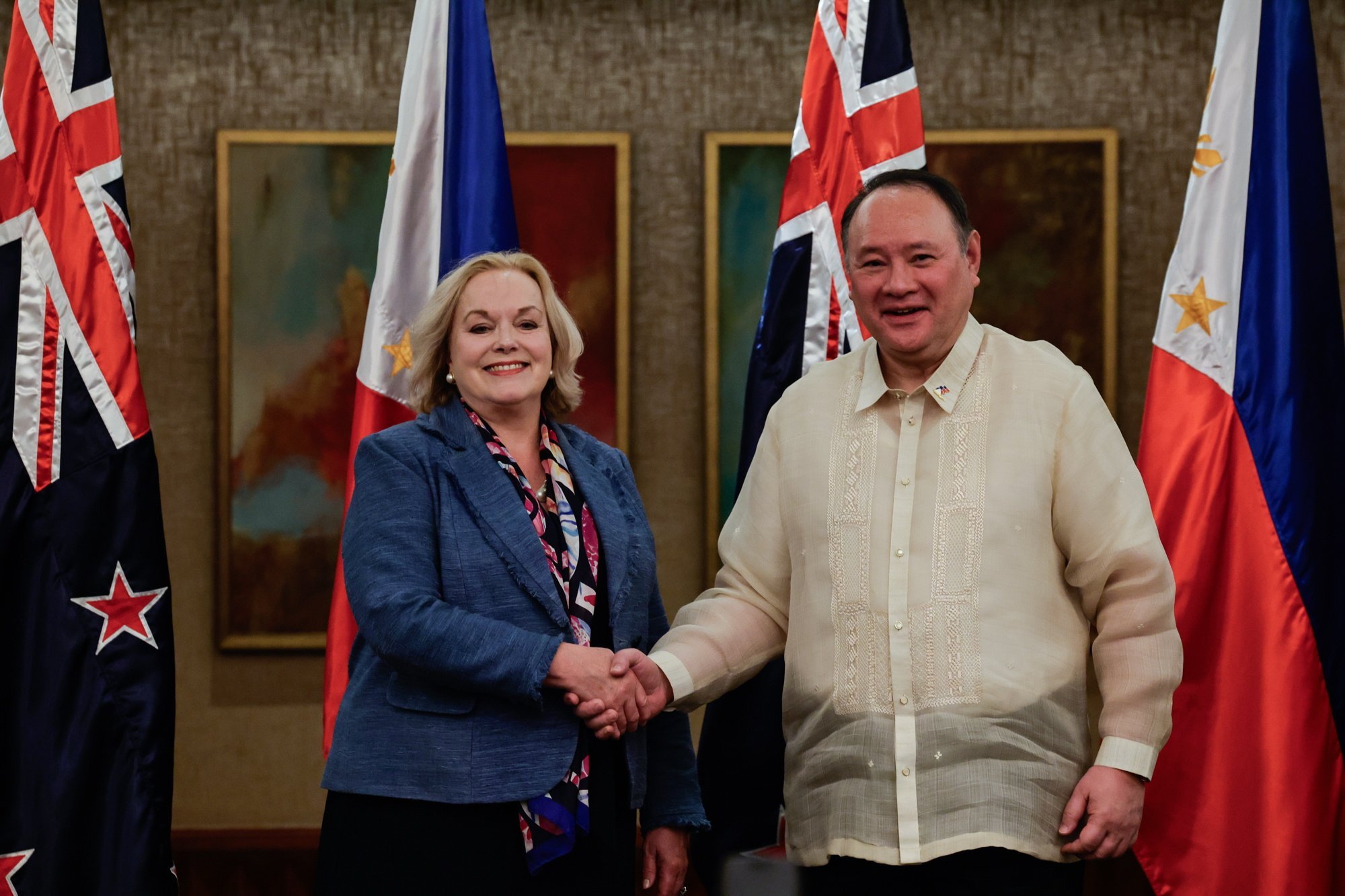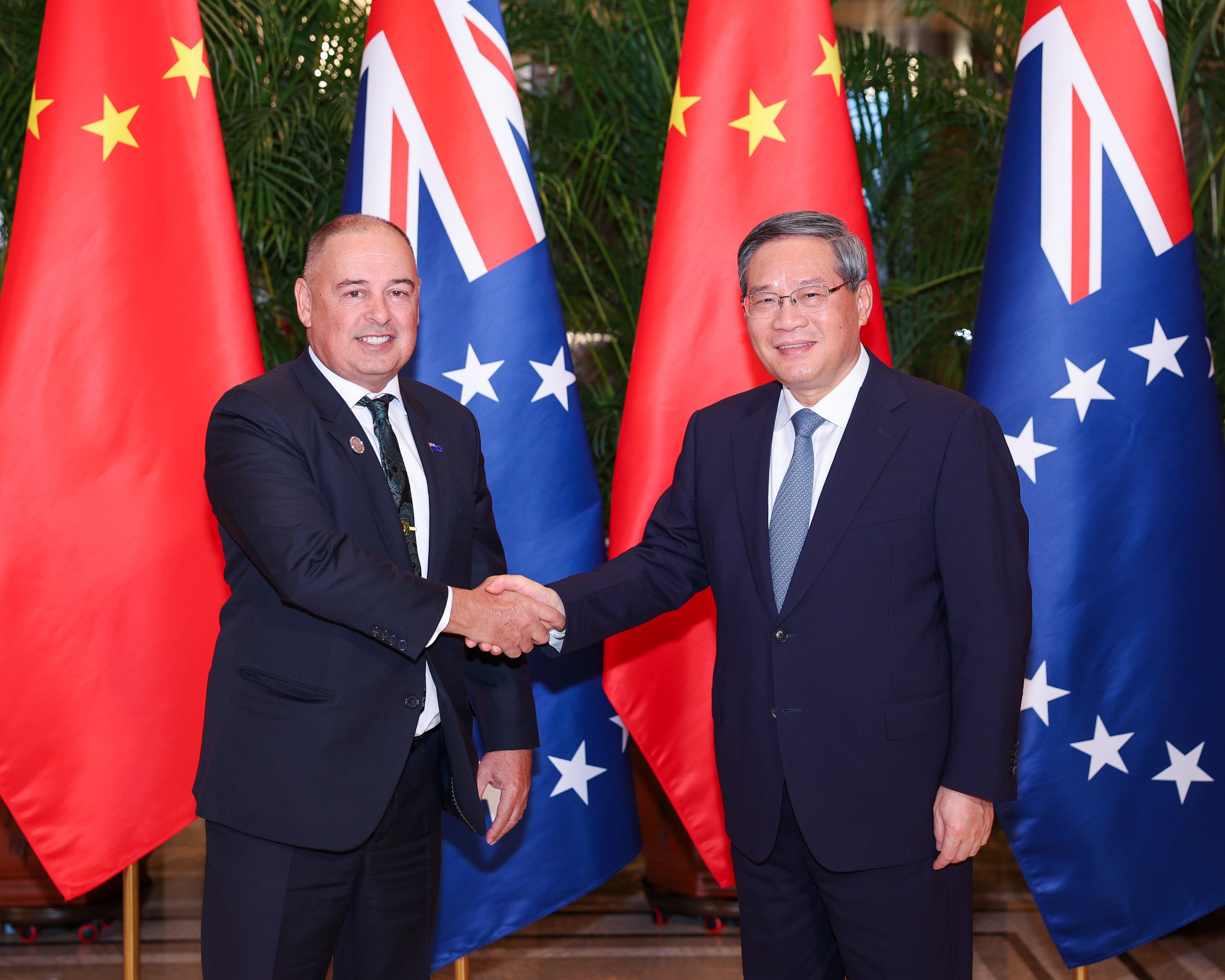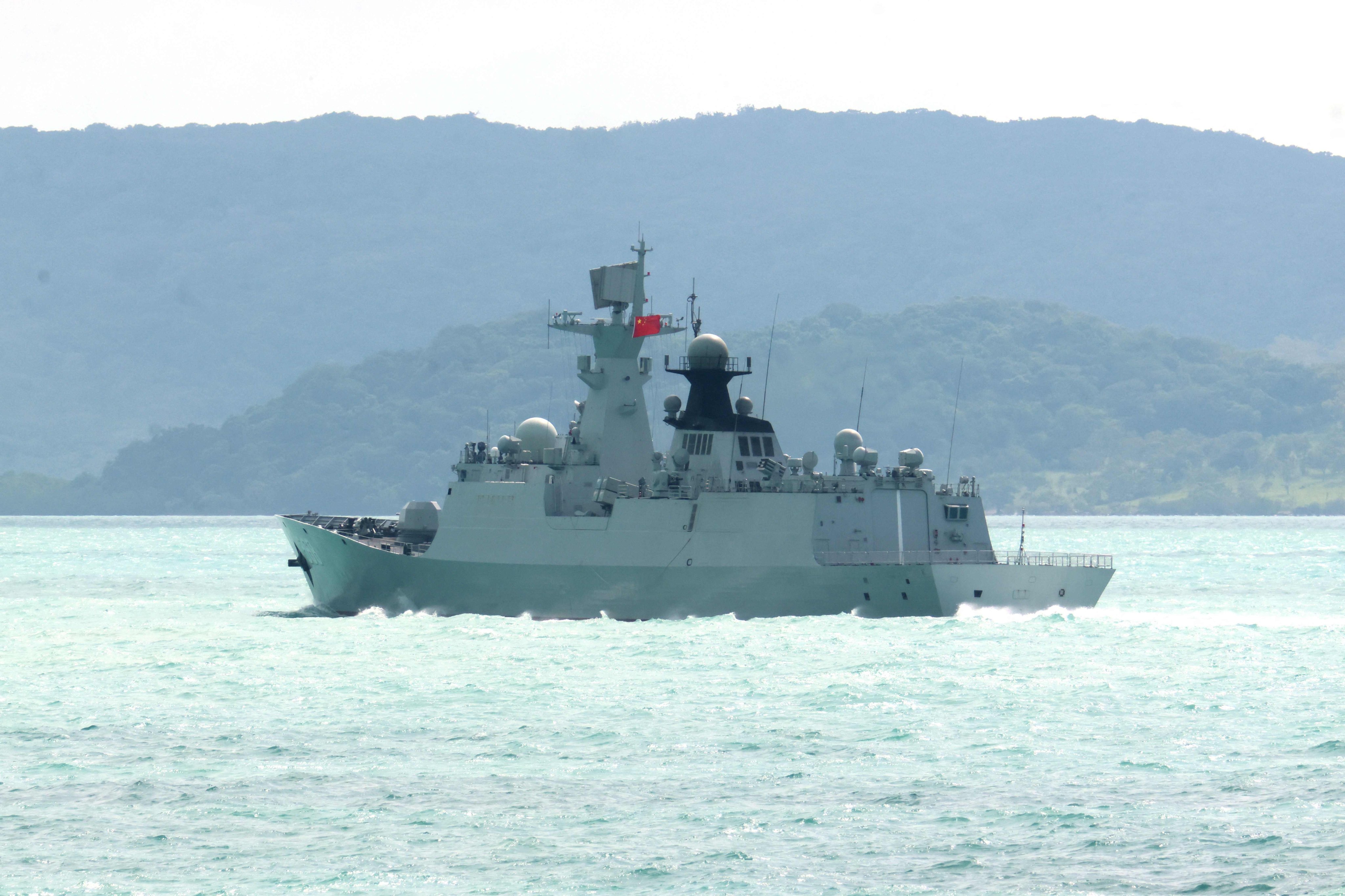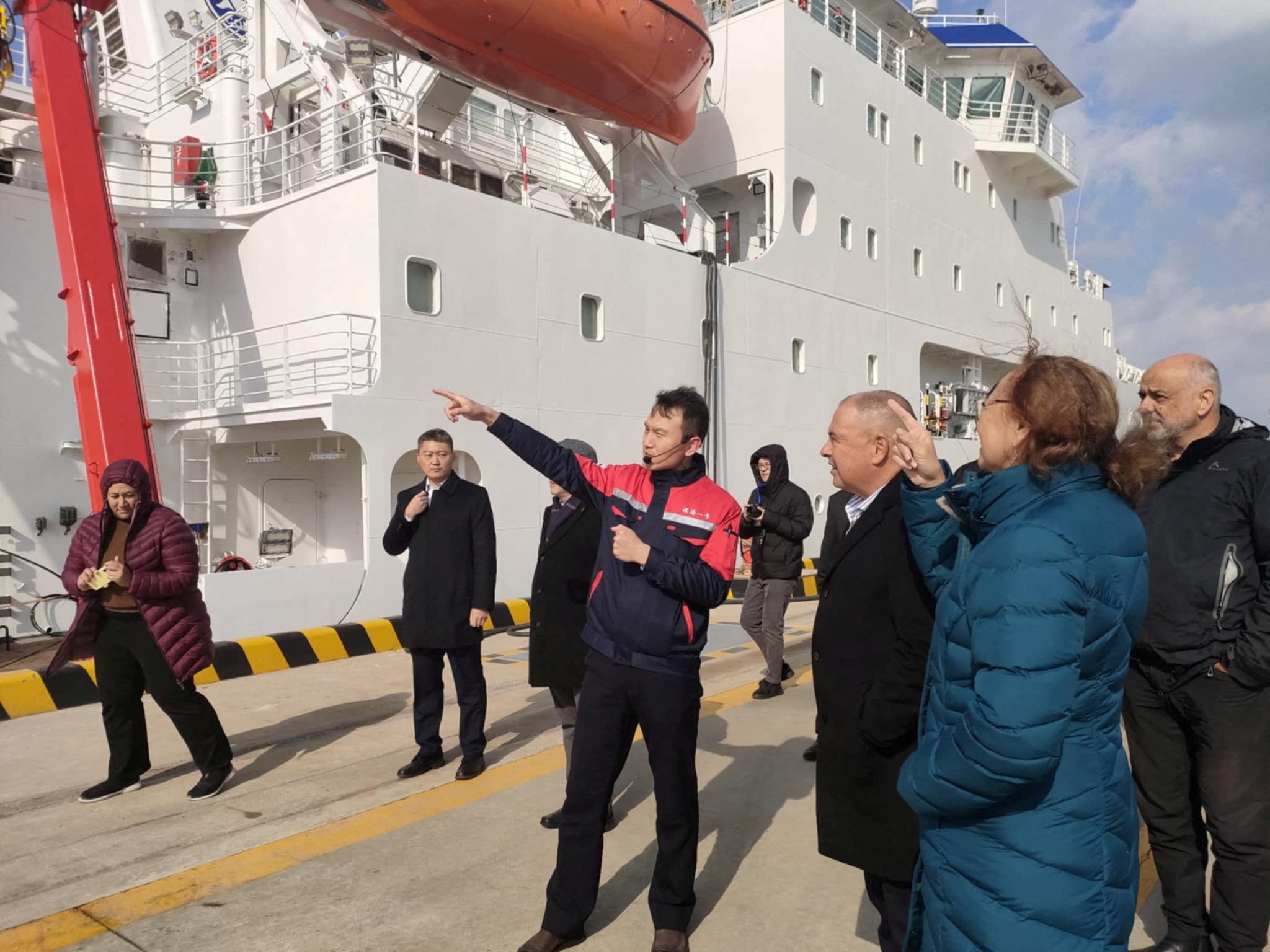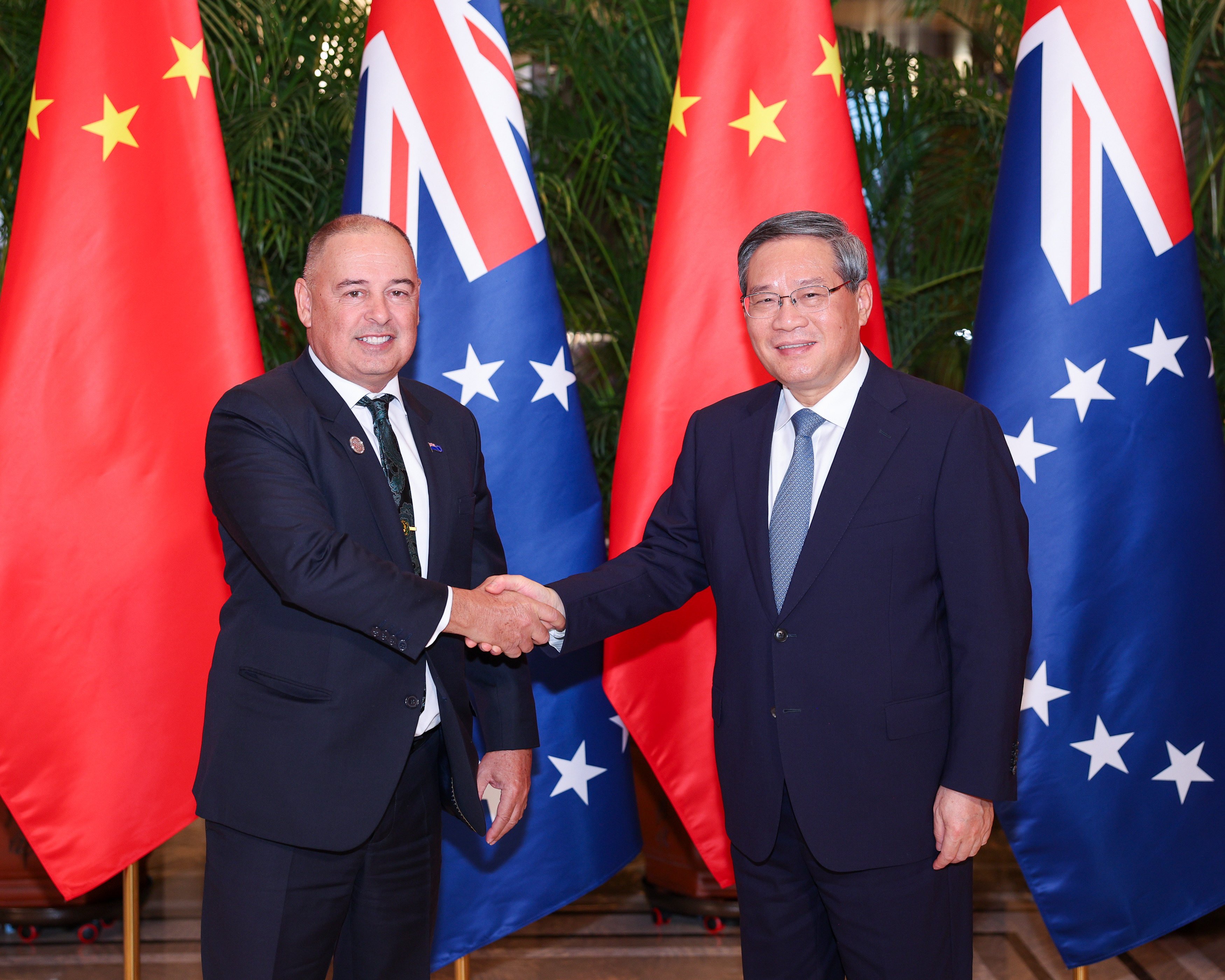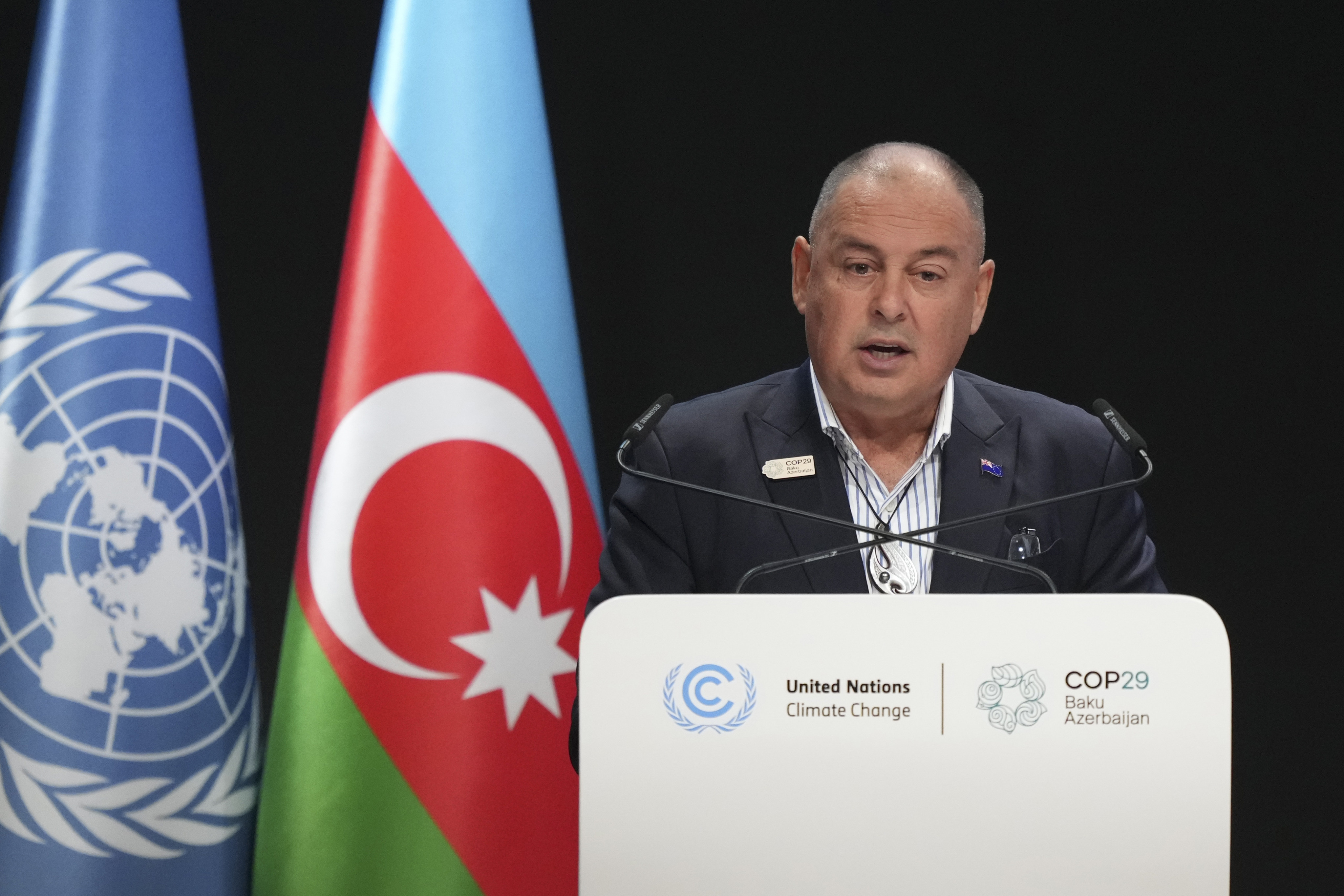Advertisement
Advertisement
TOPIC
China-New Zealand relations
Related Topics:
China-New Zealand relations
New Zealand formally established diplomatic relations with China in 1972. Since then, the relationship has grown to encompass a free-trade deal signed in 2008 and strong links in education and tourism, but the nations’ bilateral ties are not without points of friction. The smallest member of the “Five Eyes” intelligence alliance, New Zealand has had to carefully balance national security concerns about China with economic connections to the country, its largest trading partner in goods and second largest overall including services. Although New Zealand joined international criticism of the Hong Kong national security law and has condemned alleged human rights abuses of Uygurs in Xinjiang, the two nations upgraded their free-trade pact in January 2021.
Help preserve 120 years of quality journalism.
SUPPORT NOWAdvertisement
Advertisement
Advertisement
Advertisement
Advertisement
Advertisement
Advertisement
Advertisement
Advertisement
Advertisement
Advertisement
Advertisement
